Here comes The HEAT!CHALLENGE In Thurston County, we follow national best practices of vulnerability-based placement for the precious housing and shelter resources in our community. While we wish beyond our wildest dreams that there was an abundance of shelter beds and affordable apartments for everyone who needed them, we have a continuing lack of options for people and solutions are not keeping pace with the increased costs of housing and income that has remain stagnated or decreased for so many during the pandemic. PRIORITIZING VULNERABILITY Since there are so many more people that need resources than there are resources available, we utilize a triage system to prioritize those at the highest risk of death, injury, violence, and exploitation out on the streets. Those prioritized by this system are generally a combination of people who have been experiencing homelessness for a very long time, are living with serious medical fragility, permanent disability, chronic illness, and serious, persistent challenges related to their mental and substance use-related health. Think of it as an Emergency Room -- someone with a heart attack will be seen before someone with a broken leg. Both are serious and deserve attention, time and care, but the resources need to be prioritized for the person with the highest risk of death. In Thurston County, we have used a prioritization tool called the VI-SPDAT or Vulnerability Index – Service Prioritization Decision Assistance Tool since 2014. After utilizing the VI-SPDAT for three years and using it with so many more people than the original pilot pool (130 people in 2014 for placement into 30 low-barrier shelter beds), it became clear that predominantly white; cisgender males were scoring the highest on the vulnerability index. This created an imbalance in how precious permanent housing and shelter resources were being allocated, and further exposed the large racial disparity in the Thurston County Homeless response system. Nearly 40% of people entering the system are Black, Indigenous and all People of Color, while the people exiting to shelter and housing at the highest rates are predominately white. SOLUTION
A group of front-line homeless service providers in Thurston County began a thorough study and revision of the VI-SPDAT assessment tool in 2017 because, after three years of using the tool, these providers consistently saw disparities in housing prioritization. It was evident that predominantly white, cisgender males were scoring the highest on the vulnerability index, which was incongruent with the vulnerability front line workers saw with their own eyes. Thurston County was not the only community to see these disparities; homeless response systems across the US were reporting similar trends. In 2019, the VI Racial Equity Team aligned their practice in response to the “Coordinated Entry Systems Racial Equity Analysis of Assessment Data” study published by C4 Innovations. The C4 Innovations study examined the following questions:
The results of the C4 Innovation study showed:
To holistically reduce disparities in housing prioritization, the VI Research Team in Thurston County began discussing and evaluating whether certain assessment questions disproportionately impacted higher scoring, giving a predictable advantage to white people. In line with the recommendations from the C4 Innovation study, the VI Research Team worked to incorporate the following vulnerabilities into the new tool: “prior child welfare involvement and foster care history, criminal justice and juvenile justice involvement, history of trauma and adverse childhood experiences, and eviction histories.” (Wilkey) With this information in mind, and a wealth of lived and professional experience, the Thurston County group developed a new assessment tool (The Housing Equity Assessment Tool - HEAT). The tool, authored primarily by Interfaith Works staff, includes a core vulnerability and risk assessment along with four supplemental surveys. These supplemental surveys are triggered upon answers to specific questions. The four supplemental surveys include BIPOC, GNC LGBQ+, Substance Use, and Families. The HEAT was tested on a small but dynamic sample size group and was found to more accurately capture an individual's vulnerability than the VI-SPDAT. The HEAT generates a score of up to 100 for single adults and 106 for families with dependent children, and then people are triaged for shelter and housing resources based on their scores. As of March 1st, the Thurston County Coordinated Entry system officially implemented the Housing Equity Assessment Tool (HEAT) and is in the process of converting previous VI-SPDAT scores to the new index. This is a big step forward for equity in our community and we are hopeful to see improvements on a system wide scale that will create more access for the most marginalized people in Thurston County in need of shelter and permanent housing resources. We have a ton of talent and dedication in Thurston County and we are super excited about the work that is emerging!
0 Comments
At the end of February we wrapped up the 6 month pilot phase of the Interfaith Works REST medical respite program. This was a very successful pilot between Interfaith Works, Providence St. Peter Hospital, Multicare-Capital Medical, and the Thurston County Office of Public Health and Human Services to provide dedicated beds for medically fragile people exiting the hospitals who are unhoused. We are very happy with the outcomes and we want the community to know more about this exciting, innovative program that is only one of 9 that are like it statewide. It's the first of its kind in Thurston County and is strengthening both the homeless response and the hospital systems effectiveness and efficiency in supporting medically fragile people who are leaving the hospitals. Often when people have nowhere to go they end up staying in hospital beds for longer than may be necessary because they are still too fragile to go back to the streets. The REST program provides a transitional place to land with wrap around case management and 24/7 support so that people will be more likely to follow through with aftercare instructions, and reduce recidivism back to the hospital. This also helps to ensure that all of our precious community hospital beds are being utilized for the people who need them the most. REST Reports Please check out a quick facts sheet and the full end of pilot report below! HUGE Thank you to the authors of, and contributors to the REST Pilot End of Pilot Report:
Do you live or work near Unity Commons? Informational Community Meeting
Please join us for an informational community meeting If you live or work near Unity Commons, located at 161 Pattison Street NE. PHASE 1 of Unity Commons opened in December 2021, and PHASE 2 will begin construction later this year. About This meeting will be about building another 65 units on the same property as Unity Commons PHASE 1. It will be a 58-bed, 24/7 shelter on the ground floor with 65 apartments of permanent affordable housing above. Who This meeting will be hosted by the City Planning Department and held on Zoom. We hope you'll join us to learn more! When Wednesday, March 16, 5:30 pm
This is not an exhaustive list by any means. May we never forget why we are here, and what it's all about. We love you Olympia, let's move forward from this beautiful moment and keep getting after it until all people have safe, clean, affordable housing and the community support they need to feel a true sense of belonging. Goodnight! Meg Martin, LICSW, CPC
Executive Director Interfaith Works Community Partnerships Offer Unhoused Individuals Safe Place to Recover after Hospital DischargeInterfaith Works, MultiCare Capital Medical Center, Providence St. Peter Hospital, and Thurston County Public Health and Social Services are partnering to provide people experiencing homelessness a safe place to fully recover after they are discharged from the hospital, with the goal of reducing readmissions and freeing up much-needed hospital beds, the organizations announced today. The Interfaith Works Restorative Experience for a Safer Transition (REST) program will provide beds for discharged patients meeting certain criteria, giving them a safe place to recover, and coordinating social service support, hygiene services, and meals during their stay. Providence St. Peter and MultiCare Capital Medical Center have committed to a six-month pilot project, with Providence sponsoring four beds and Capital sponsoring two beds, with a goal of adding more in the future. These six beds are expected to benefit as many as 50 people over the course of six months and free up much-needed hospital beds.
MEG MARTIN, EXECUTIVE DIRECTOR, INTERFAITH WORKS Traditionally, when an acute care hospital patient is ready for discharge, they return home, often with a discharge plan that calls for differing levels of follow-up care. A simple discharge plan is quickly complicated by homelessness. Without a safe place for recovery, patients often do not have adequate opportunity to heal, leading to readmission. Severe shelter bed shortages in Thurston County coupled with already high hospital occupancy compound an already overloaded system. “Community partnerships like these are how society’s toughest challenges are solved,” said Darin Goss, Chief Executive, Providence Southwest Washington. “We, along with MultiCare, are looking forward to this program helping us address the appropriate care for our vulnerable patients being discharged as well as helping us with our hospital capacity constraints.” “We’re committed to partnering with our community for healing and a healthy future, including when a patient is discharged from our hospital,” said Will Callicoat, President, Capital Medical Center & Thurston County Market Leader. “I had a family member who was homeless for periods of his life and was cared for at both local hospitals. I can attest to the challenges that occur — both personally and those placed on society — when the patient is homeless.” The REST program is designed for patients being released from the hospital after being treated for an acute medical condition, including flare ups of chronic conditions who cannot safely return to a congregate shelter setting. Stays are limited to 30 days and no on-site medical care is provided, but the program will support and coordinate outside visiting health care and caregiving providers. To participate, released patients must have no active infections; not be in active medical withdrawal from alcohol or prescription or illicit drugs; and must be medically stable. Funding for the six-month, $142,220 pilot project was also a team effort. Thurston County plans to utilize non-congregate care shelter funding from the Federal Emergency Management Agency (FEMA) COVID-19 public assistance grant program, in addition to funding from Providence Southwest Washington Foundation and MultiCare. “The partnership between Providence, MultiCare and Interfaith Works represents the best of our community,” said Schelli Slaughter, Director of Thurston County Public Health and Social Services. “The county is proud to play a part in this vital effort to ensure that people experiencing homelessness who need respite care while they heal, have a safe and supportive place to do so during this public health emergency.” “This program is our foundation’s Fund-a-Need focus for this year,” said Peter Brennan, Chief Philanthropy Officer, Providence Southwest Washington Foundation. “Our involvement wouldn’t be possible without community support for the foundation through events like Christmas in the Forest and other donations. And the project would not have been possible without Thurston County’s efforts to secure FEMA funding.” The program has successfully welcomed its first six guests and will continue serving released patients throughout the end of the year at minimum. About Providence Southwest Washington Providence in Southwest Washington touches more lives in the 540,000 five-county service area of Thurston, Mason, Lewis, Grays Harbor and Pacific counties than any other health care provider. It is made up of:
About MultiCare MultiCare is a not-for-profit health care organization with more than 20,000 team members, including employees, providers and volunteers. MultiCare has been caring for our community for well over a century, since the founding of Tacoma’s first hospital and today is the largest community-based, locally governed health system in the state of Washington. MultiCare’s comprehensive system of health includes numerous primary care, urgent care and specialty services — including MultiCare Indigo Urgent Care, Pulse Heart Institute and MultiCare Rockwood Clinic, the largest multispecialty clinic in the Inland Northwest region. MultiCare’s network of care includes 11 hospitals:
About Interfaith Works
Interfaith Works has a legacy of promoting interfaith understanding and collaboration in the community through social justice, community, and educational endeavors. We create and support the intersection between the values of the world’s wisdom traditions and the public square through diverse programming and ongoing nurturing of relationships across and between faiths. Thus, our work in Interfaith Relations exists to strengthen regional, interfaith communities and as a resource and support for social justice and peace in the wider community. Every night in our community more than 1,000 people sleep in doorways, on cold concrete sidewalks, and in wooded areas around Thurston County. This public health emergency is challenging for those needing shelter and for our community. We are addressing that challenge through our dedication to a continuum of services that meet both emergency shelter needs as well as permanent long-term solutions to resolve homelessness. Our programs are designed to serve people in our community who are routinely and historically screened out of opportunities due to the complexities of the challenges they face related to their physical and mental health. We screen them in. Interfaith Works is a primary services provider for seniors and adults with the most complex challenges experiencing homelessness in our area. We will always prioritize those with the most barriers to service connection and opportunities for a higher quality of life. Our guests receive 24/7 shelter, two meals daily, peer advocacy, connection to permanent housing, connections to primary care, mental health, and substance use treatment, and access to basic hygiene services, including laundry and showers.
Learn More about the Interfaith Works REST program. OLYMPIA – Funding has been secured for purchase and development of a half-acre lot on Olympia’s eastern edge that will serve as a temporary homeless shelter and evolve to more broadly serve Thurston County’s unhoused residents. Just as it appeared that Interfaith Works would have to turn out the 23 people we’ve been caring for on the site of the organization’s future permanent shelter and supportive housing building at 2828 Martin Way, a new plan has come together. Partners in the $1.7 million plan include Thurston County, the Washington State Department of Commerce, the City of Olympia, The United Way of Thurston County, First United Methodist Church and a private donor-lender. Since April, the City of Olympia has allowed Interfaith Works to use an empty former podiatry and dental office at 2828 Martin Way as an overflow shelter to accommodate social distancing at our crowded downtown shelter guests after the COVID-19 pandemic hit. We will have to move next week to make way for construction to start on a multi-story building built by the Seattle-based Low Income Housing Institute (LIHI) and staffed by Interfaith Works. It will have 65 apartments above a new 60-bed shelter facility. There are multiple moving parts to this complex plan involving three sites, building demolition, two construction projects and relocating our shelter guests twice,” said Andrew Rayment, president of the Interfaith Works Board of Directors. “Sometimes miracles do occur. We are incredibly grateful to all of the partners who helped make this happen.” 3444 Martin Way The plan calls for purchasing a lot at 3444 Martin Way and erecting a 5,250-square-foot Sprung Structure to serve as a temporary shelter. A number of American and Canadian cities are using these heavy-duty modular structures to shelter unhoused people. The new structure is expected to be ready for occupancy by mid-January/early February 2021. Until then, the people who had been sheltered at 2828 Martin Way will be temporarily housed at First United Methodist Church of Olympia. First United Methodist Church of Olympia “The congregation of First United Methodist Church of Olympia is thrilled to partner with Interfaith Works and support the vital work they are doing in our community,” said the Rev. Amanda Nicol, Associate Pastor. "Our Christian faith compels us to love God by seeking justice, kindness and dignity for the most vulnerable among us. The pandemic has left our building profoundly underutilized, so we feel blessed to offer this act of hospitality to our unsheltered neighbors.” Keylee Marineau, Thurston County Homeless and Affordable Housing Coordinator, noted that Thurston County has seen a dramatic loss of shelter bed capacity over the past year. "It’s no secret that we have hundreds of unsheltered people on our streets and in wooded areas with no options to get inside as winter approaches," Marineau said. "Any addition of 24/7 shelter beds to our system is a major win.” When the new temporary shelter opens, it will have 38 socially-distanced beds, adding to the overall capacity to the system. Shelter residents will continue to receive two meals a day, 24- hour hygiene services, and round-the-clock support from highly trained and experienced Interfaith Works employees. The modular structure model creates a high degree of control over the site layout, allowing for a thoughtful planning process designed to minimize impacts on neighboring businesses and residents 2828 Martin Way Interfaith Works and LIHI expect to break ground in December on the five-story building that will provide a new homeless shelter and supportive housing apartments at 2828 Martin Way. Once the new building is ready for occupancy, the people to be housed in the temporary shelter and those in a second Interfaith Works shelter now located at Olympia’s First Christian Church will move in. When that move is complete, the modular building at 3444 Martin Way will convert into day shelter and a hygiene center. Eventually the private donor who helped with the property purchase hopes it will be possible to build low-income housing units there as well. Interfaith Works Executive Director Meg Martin was quick to praise the Interfaith Board and funding partners for their willingness to embrace the complex project. “At a time when the COVID-19 crisis has made all of our lives harder, this community has come together with a pragmatic, generous and heart-strong plan to help our most vulnerable residents,” Martin said. “It’s remarkable, but not surprising. This effort proves that Thurston County is home to some of the most caring, innovative, and courageous people in the world.” Q&A for Neighbors More information about the temporary relocation to the First United Methodist Church can be found online as well as any links to future neighbor meetings as they arise. More details and updates about the 3444 Martin Way development will be posted on our website in the next few weeks.
We're adapting, but we need your help!Check out this short video that talks about how we are pivoting to meet the rising need and challenge of Covid 19! Listen in for ways that you can help!
Interfaith Works tackles conversations at the intersection of justice, humanity, and belief.There are so many issues swirling around right now. Questions of public health, public safety, and public good. Everyone is struggling in some way as we all try to find some sort of equilibrium during the pandemic. We wanted to make a forum for those conversations. Check out our new facebook livestream, Lean in Olympia! Interfaith Works will be making space every couple weeks on Tuesdays at noon to have these talks on topical subjects. This episode discusses how Covid 19 has impacted local homeless services. There is information about how quarantine and isolation works, what the challenges are, how Thurston County is doing things differently than some other places, and a whole lot more! The conversation also touches on the subject of overdoses and the significant impact of the opioid epidemic as we prepare for Overdose Awareness Day, August 31st. Join the conversation!If there are topics you would be interested in seeing us cover, reach out!
Providence ends partnership with Interfaith Works at the Community Care Center.
As we have said many times before, this work is not easy. It takes a toll mentally, emotionally, and politically. In the world of providing for the basic needs of people regardless of their circumstances, it doesn't always look pretty from the outside, and the complex realities of homelessness are often misunderstood and misrepresented. Without leaning into the painful places and bearing witness to human suffering, one will never get to experience the transformation in yourself, in others, and in our community that comes from taking the time to accept people exactly as they are without judgment and strings attached. We thank Providence for the time, resources, and energy they have spent leaning in with us over these past three and a half years. Last week Providence decided to terminate the role of Interfaith Works and SideWalk in the CCC partnership and shift the program model to be primarily appointment based. We are deeply saddened by this decision and very concerned about the additional gaps this will create in our already struggling local safety net. We are concerned not only for the people we serve but also for the business community and other downtown organizations that become defacto hygiene and day centers in the absence of dedicated places for people to be. Further, in today’s vitally important conversation about dismantling structural racism, community policing, and alternatives that center the safety and support of Black and Indigenous people and all people of color, we now must recognize that one of the primary spots for people to come to daily, for the CRU team, law enforcement, Familiar Faces, the clinical providers at the CCC, the hospital discharge planners to find people and to bring them to connect to services will no longer be a tool in our tool belt in the same way -- particularly not for houseless people who are most disconnected from traditional services. People of color make up 35% of people experiencing homelessness in Thurston County. That is nearly twice the rate of the prevalence of people of color in the general population. Today is a beautiful sunny day -- one of the few we’ve had all year, and all I can think about is winter. It’s mid-July, and we have no plan for a day center, no plan for additional shelter capacity for the cold-weather season for the single adult population, a likely decrease in shelter capacity once construction for the new IW/LIHI shelter and permanent supportive housing development at Martin Way begins, no real plan for providing safe parking alternatives for the dozens of people on Deschutes parkway and Ensign Road…. But you already know this. For everyone in our community interested in this issue please contact Thurston County and the cities of Lacey and Tumwater to share your thoughts on the intersections of race, class, and housing issues. I hope our community will not miss this moment to meaningfully connect the dots that racial justice and housing justice are intrinsically linked. Today I am grateful for the collective and diverse lived experiences that exist within Interfaith Works because we are resilient, creative, and will do what it takes to continue building a community that allows dedicated space and care to every person regardless of their circumstance! We hope you will join us in that effort to find a place where people who are unsheltered and living in substandard housing can go, can be their full selves without judgment, and can get their basic needs met regardless of their circumstance. Thank you to all our amazing service partners at the CCC, particularly the core partner group -- Providence clinical mental health team, Valley View, SideWalk, Community Action Council, Behavioral Health Services, and The Olympia Free Clinic. We would also like to thank the office of Thurston County Public Health and Social Services, the Olympia City Council and city staff who have put countless time, energy, and resources into making the CCC what it was. Meg Martin, MSW, CPC Executive Director Community Care Center Model
Community Care Center
CLOSES MARCH 17, 2020
On March 13, Providence released the following statement to The Olympian.
"… Providence will continue to offer mental health and medication services downtown, but will screen patients at the door for an appointment. If a guest presents who does have symptoms, we are partnering with Thurston County Public Health to put a plan in place to help meet the need for testing homeless in our community."
Interfaith Works appreciates Providence's desire to slow the spread of COVID-19, but we are highly concerned about the health and safety of unsheltered people in Thurston County and the lack of options available for people who are living with permanent disability and chronic illness and who are at high risk for transmission.
What We are Doing to Keep People Safe
How You Can Help
Make a One-Time or Monthly Donation
|
Author
Meg Martin, LICSW, CPC, is the Executive Director for The Interfaith Works. Archives
March 2022
Categories
|
SITE MAP
Please support the businesses that so generously support us.
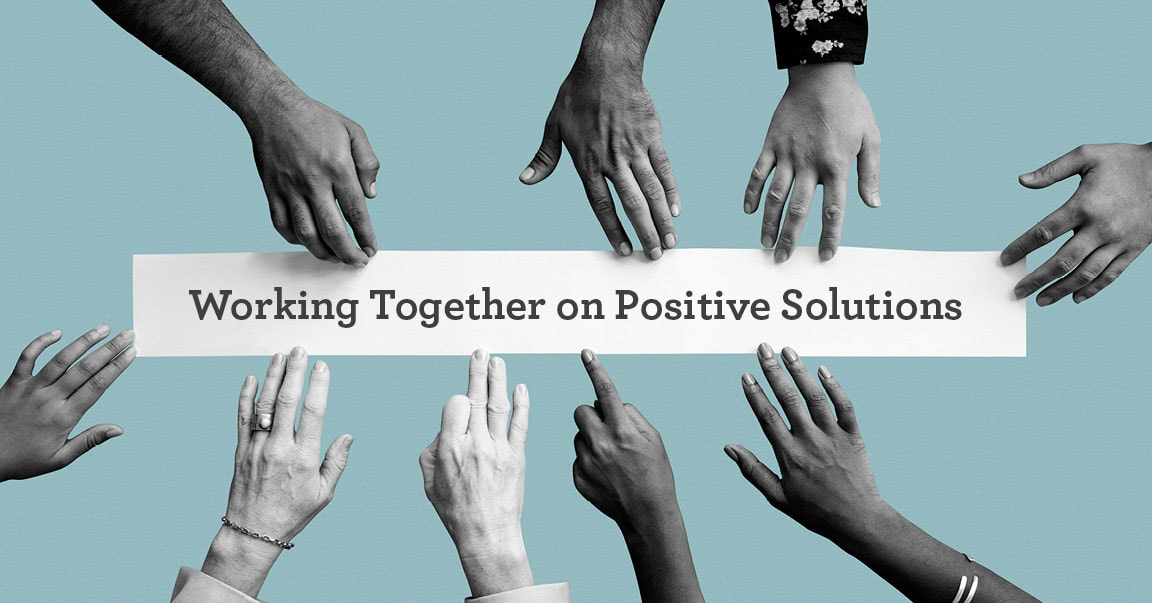

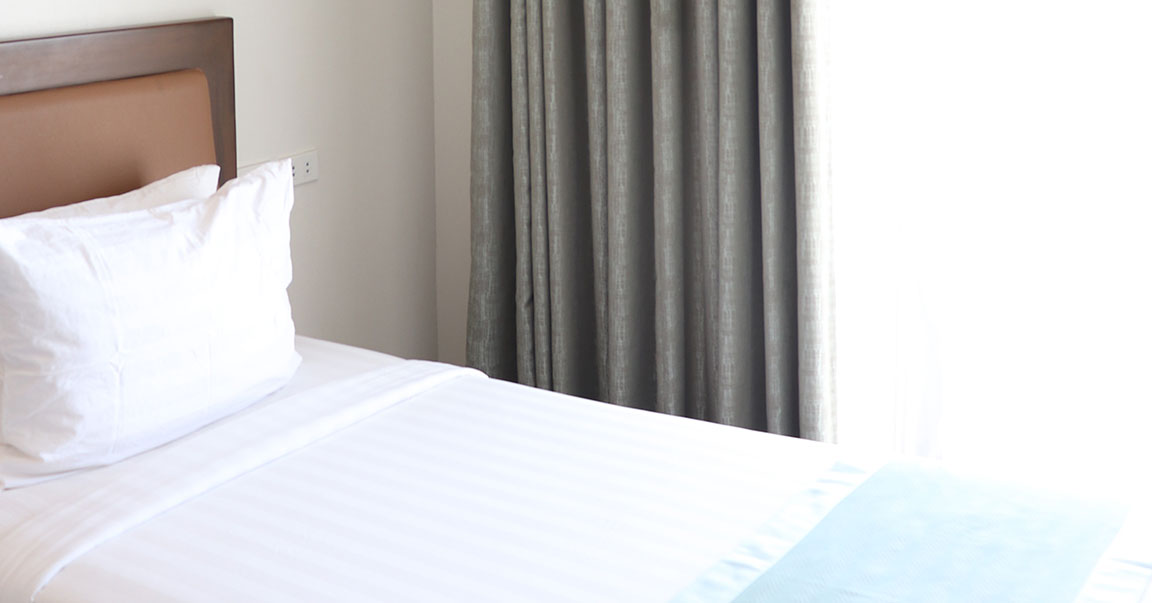

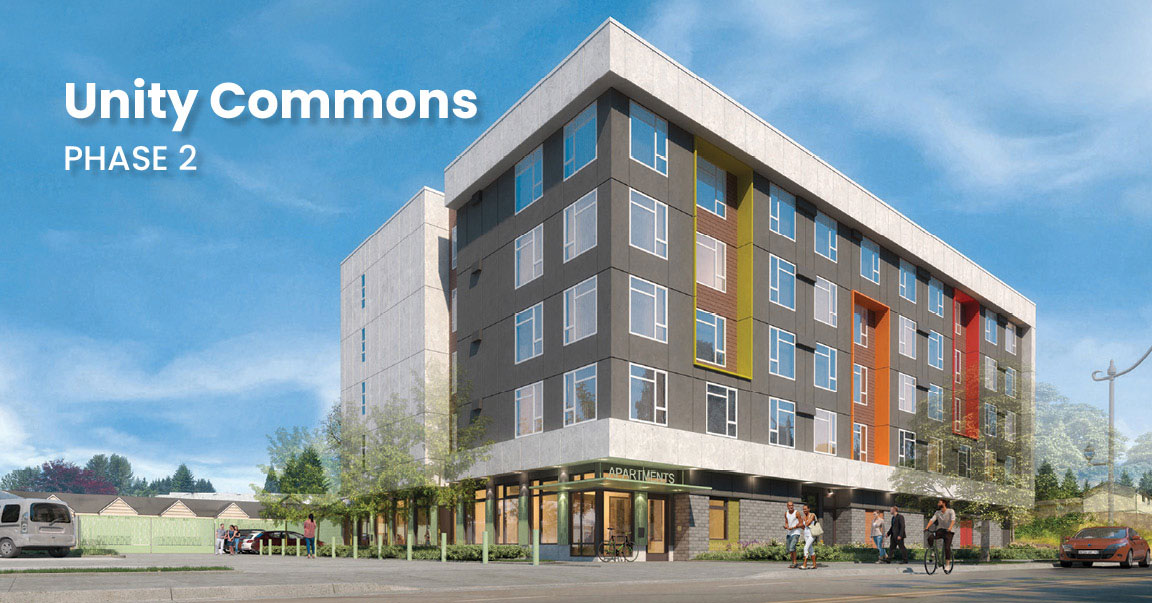

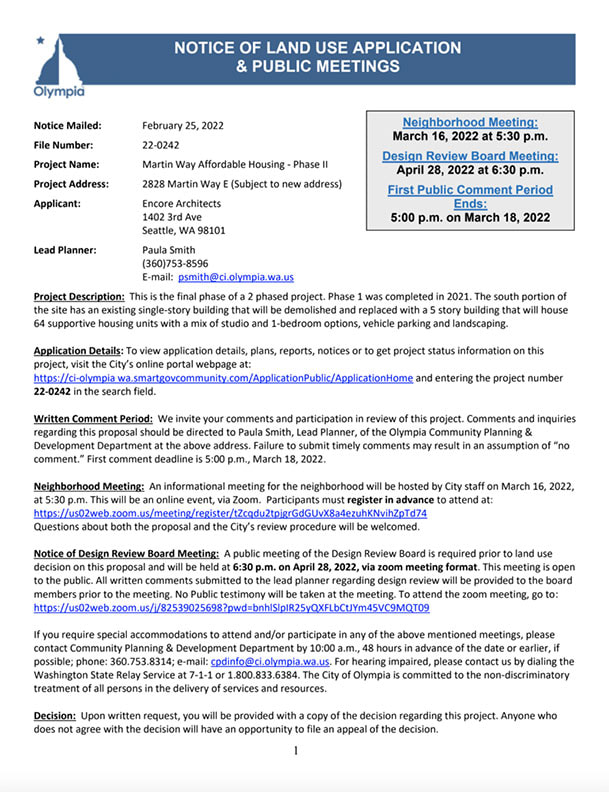
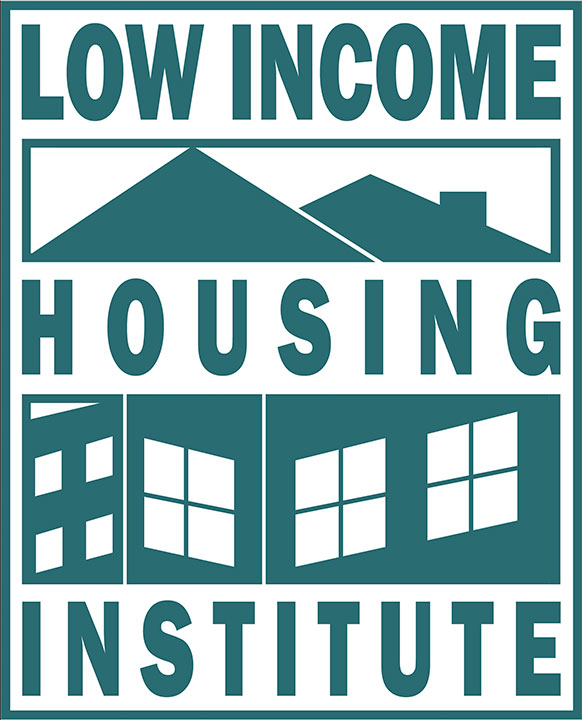
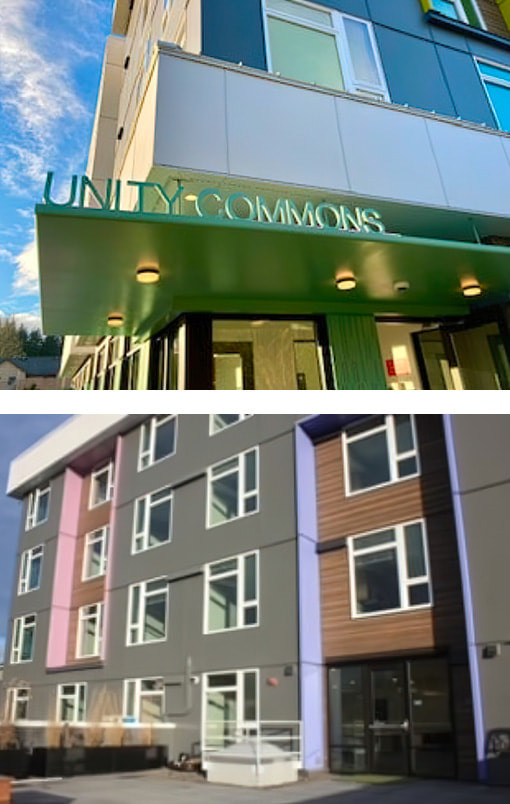
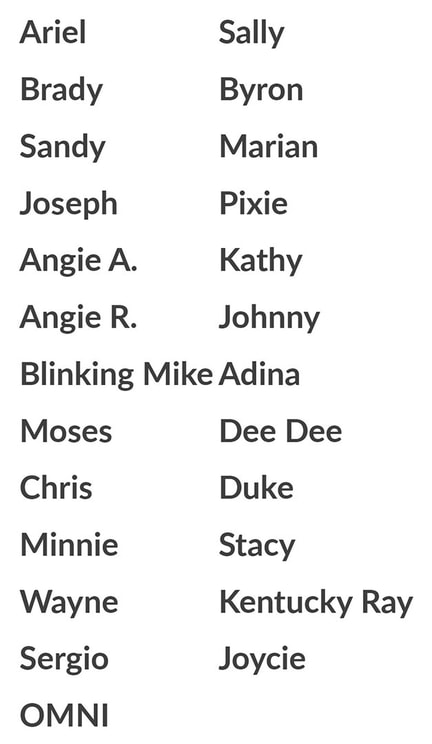
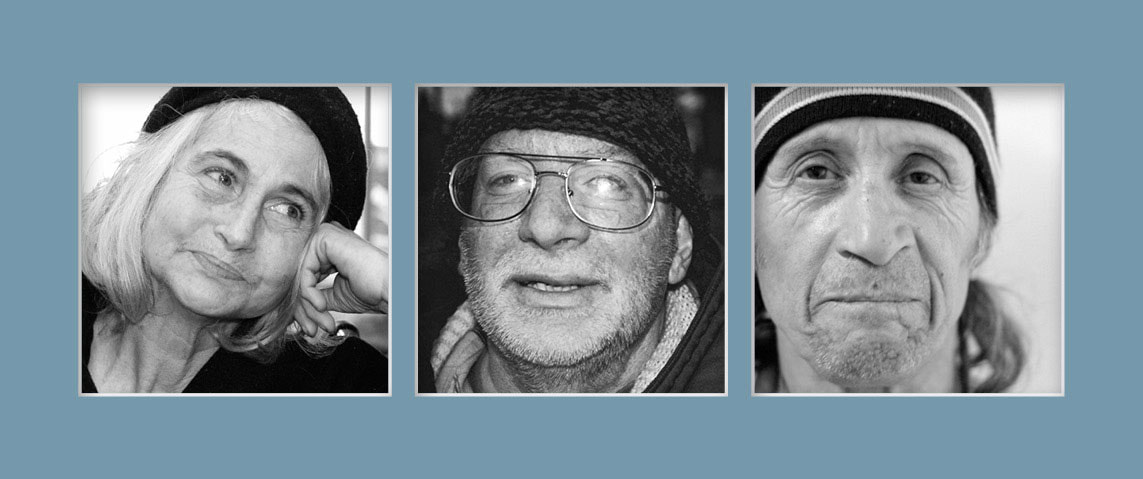

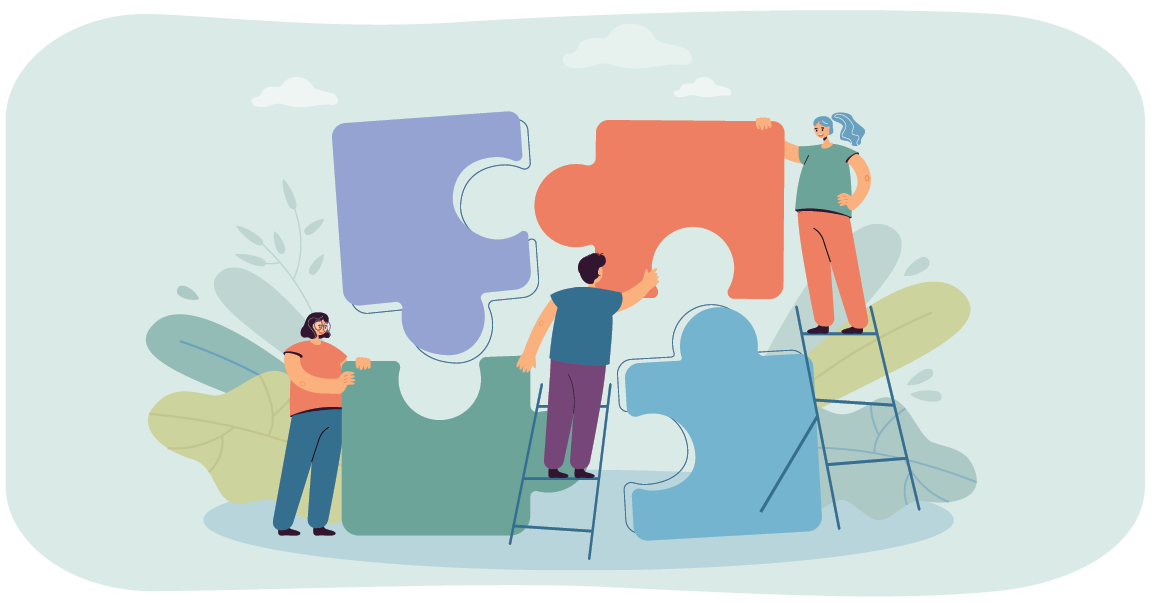




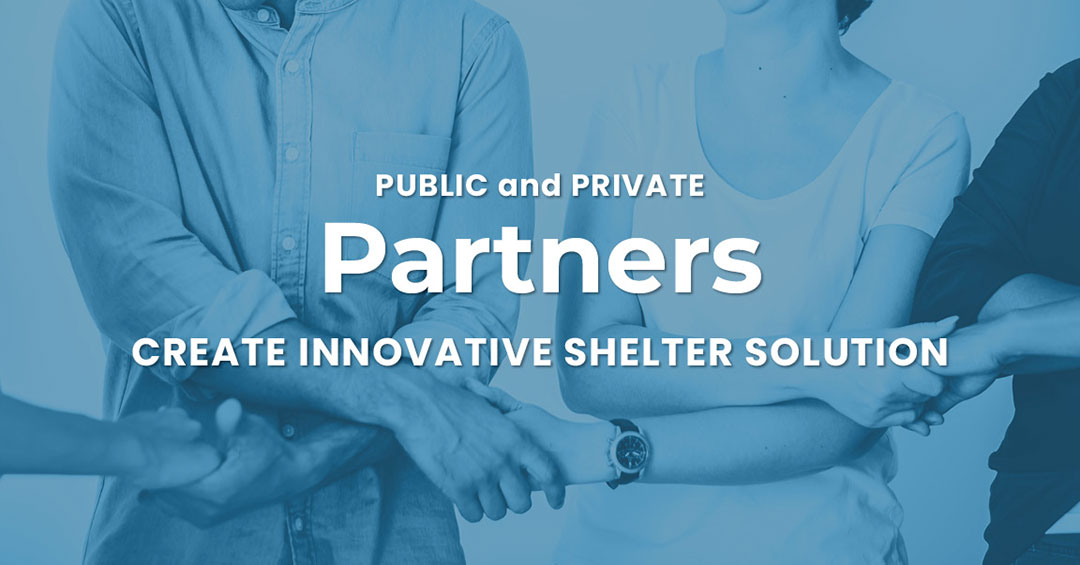
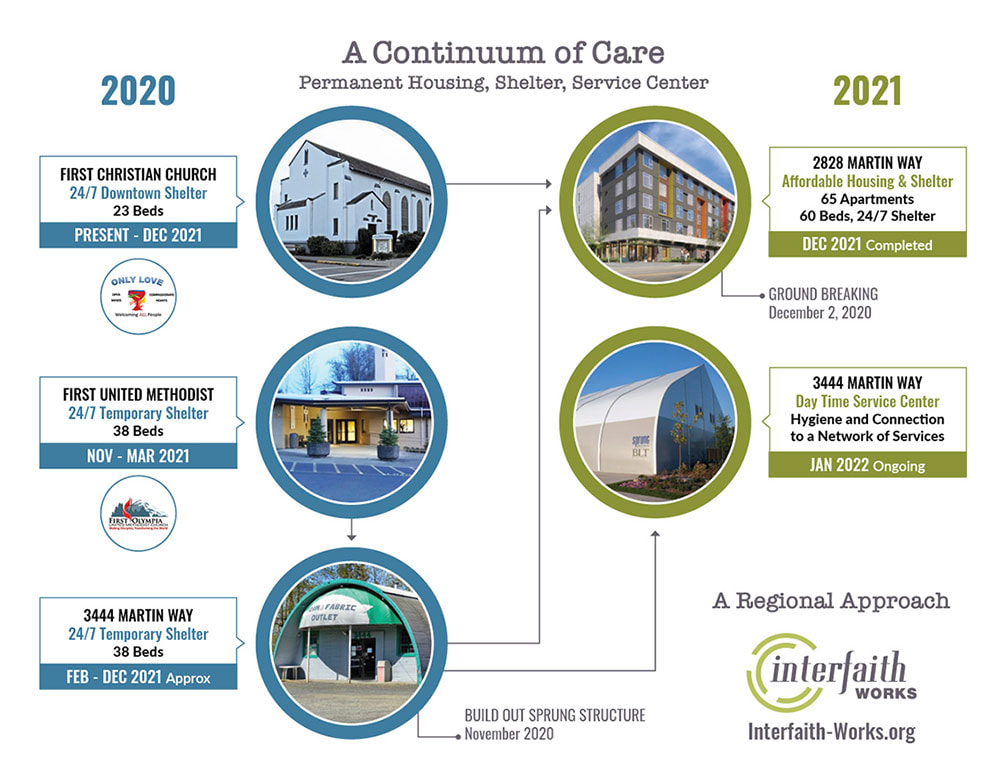
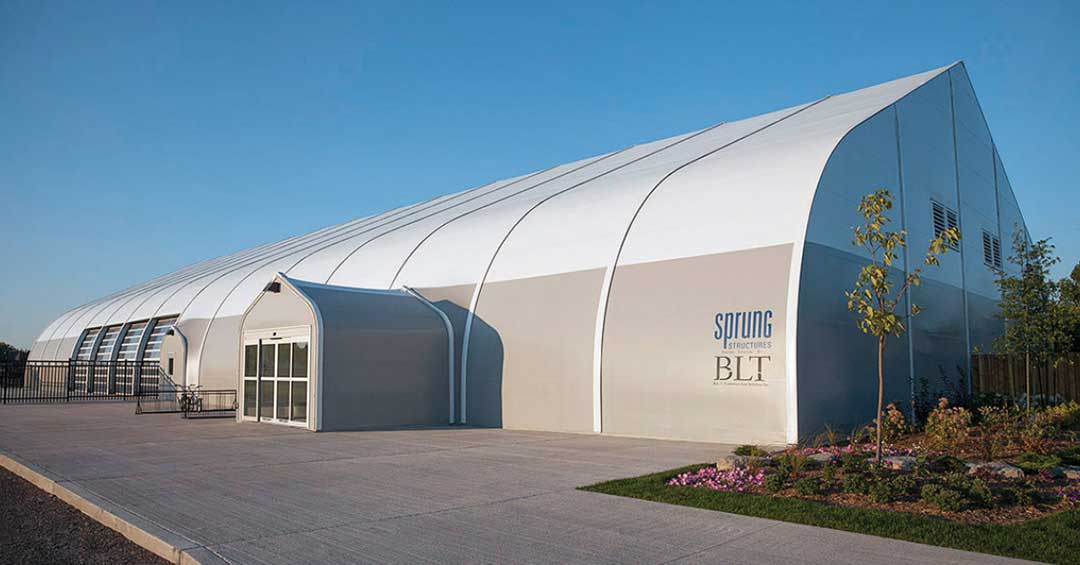
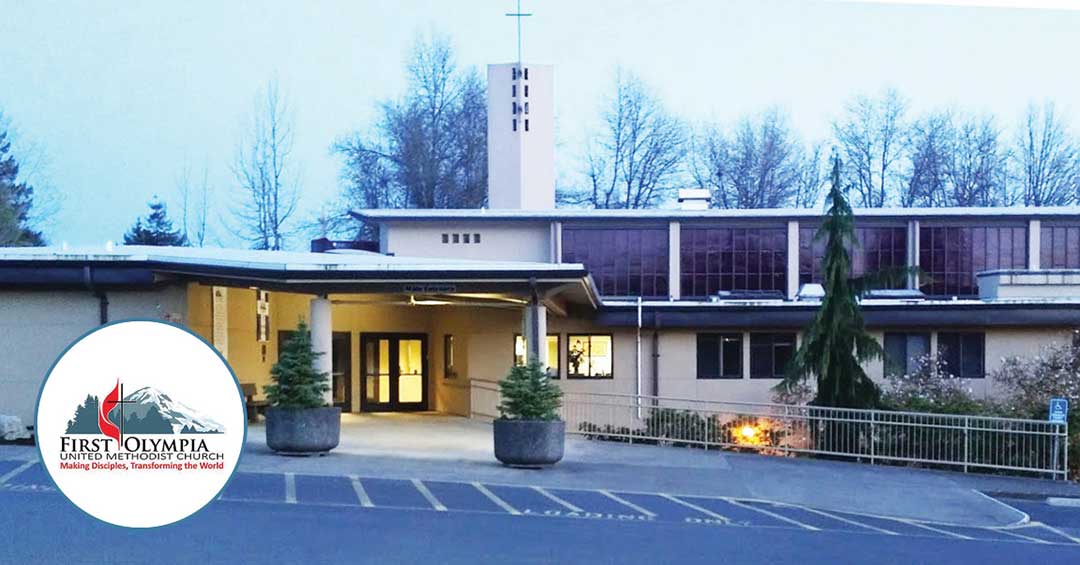
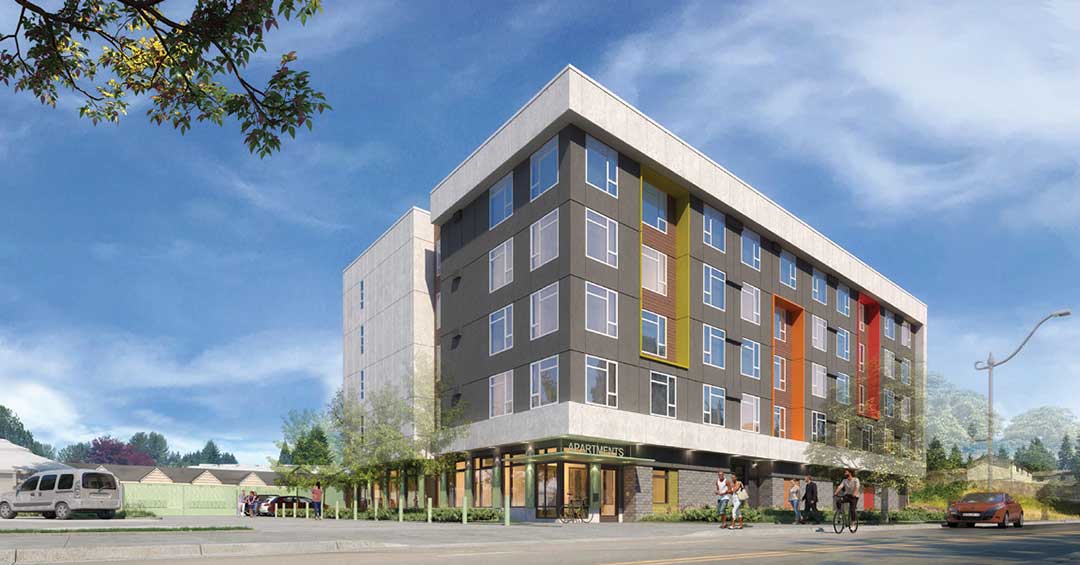

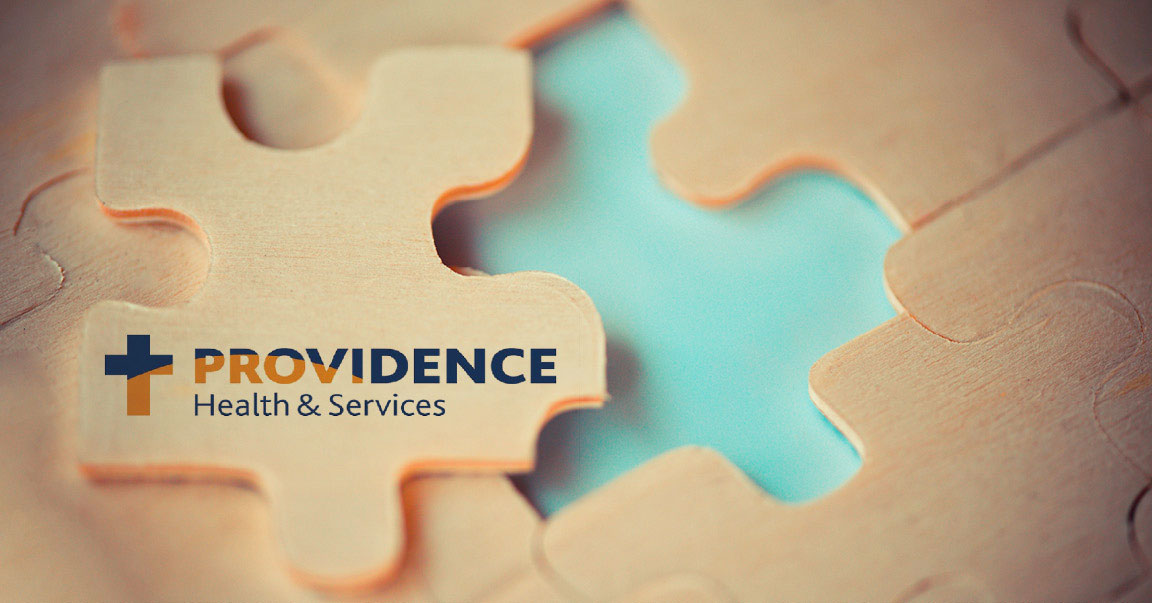

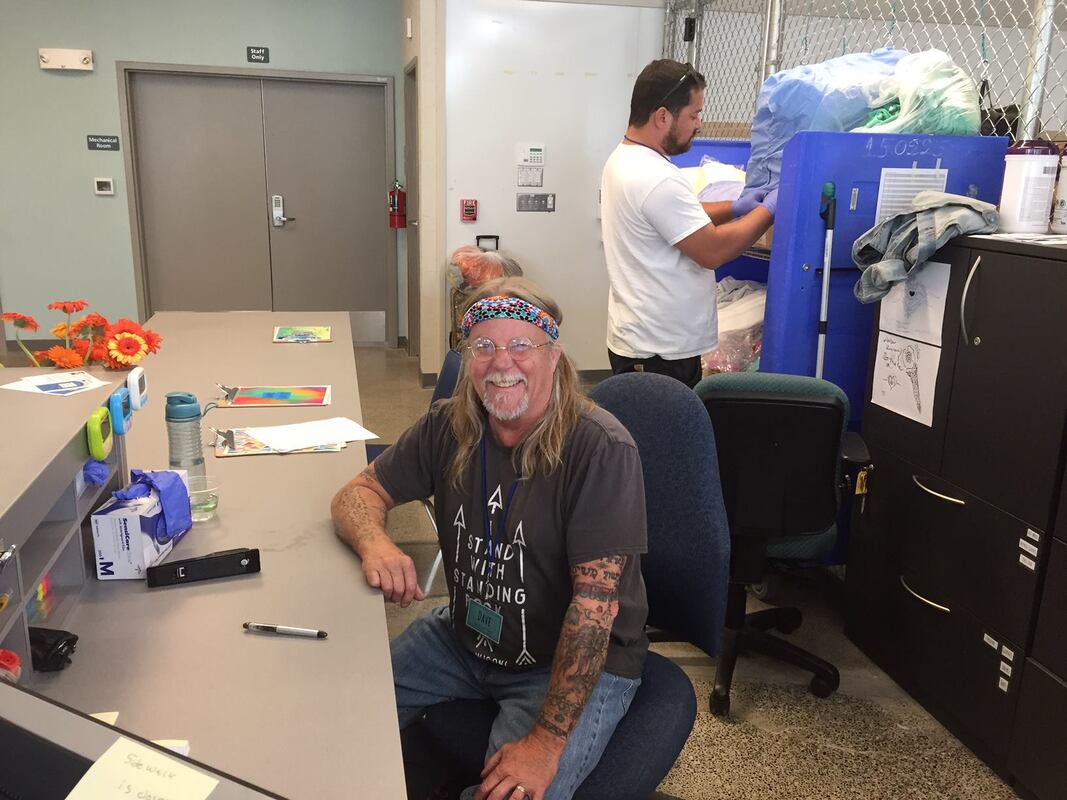



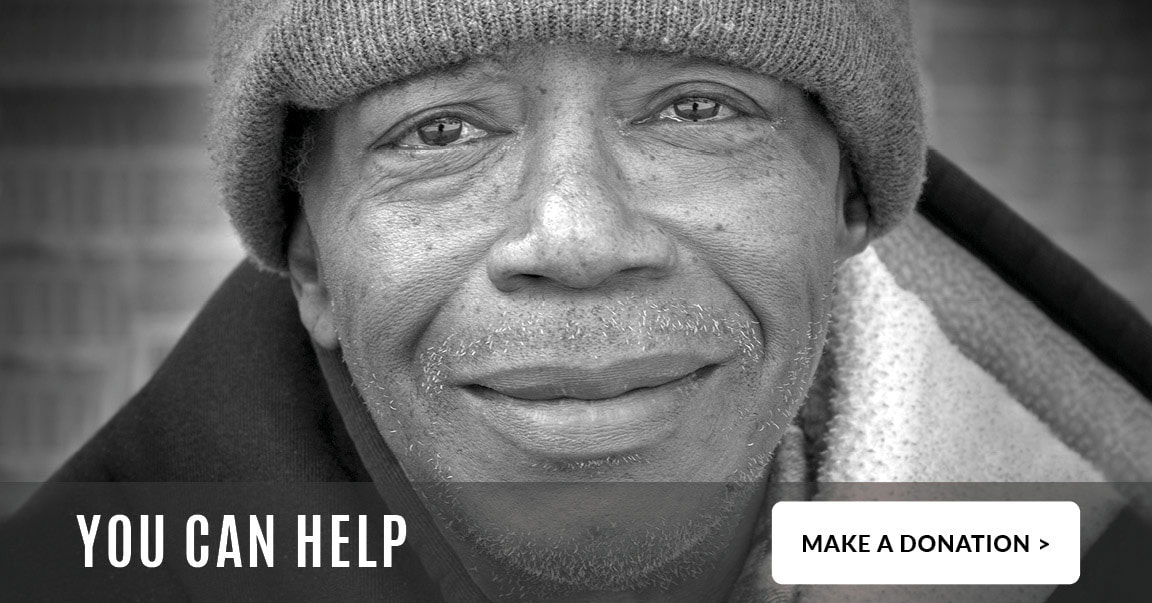

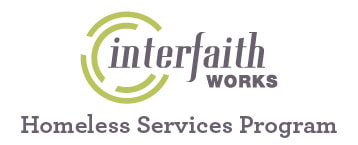


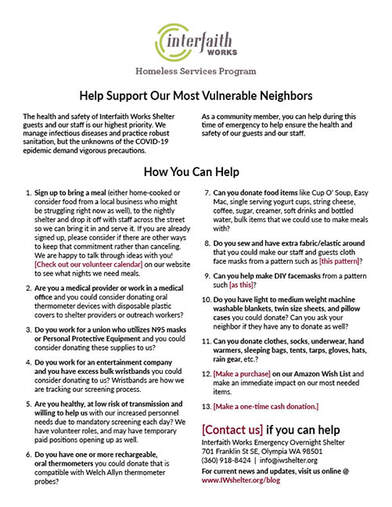
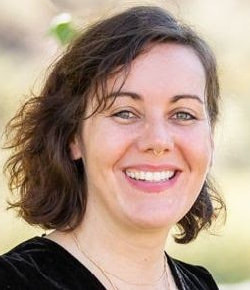
 RSS Feed
RSS Feed

